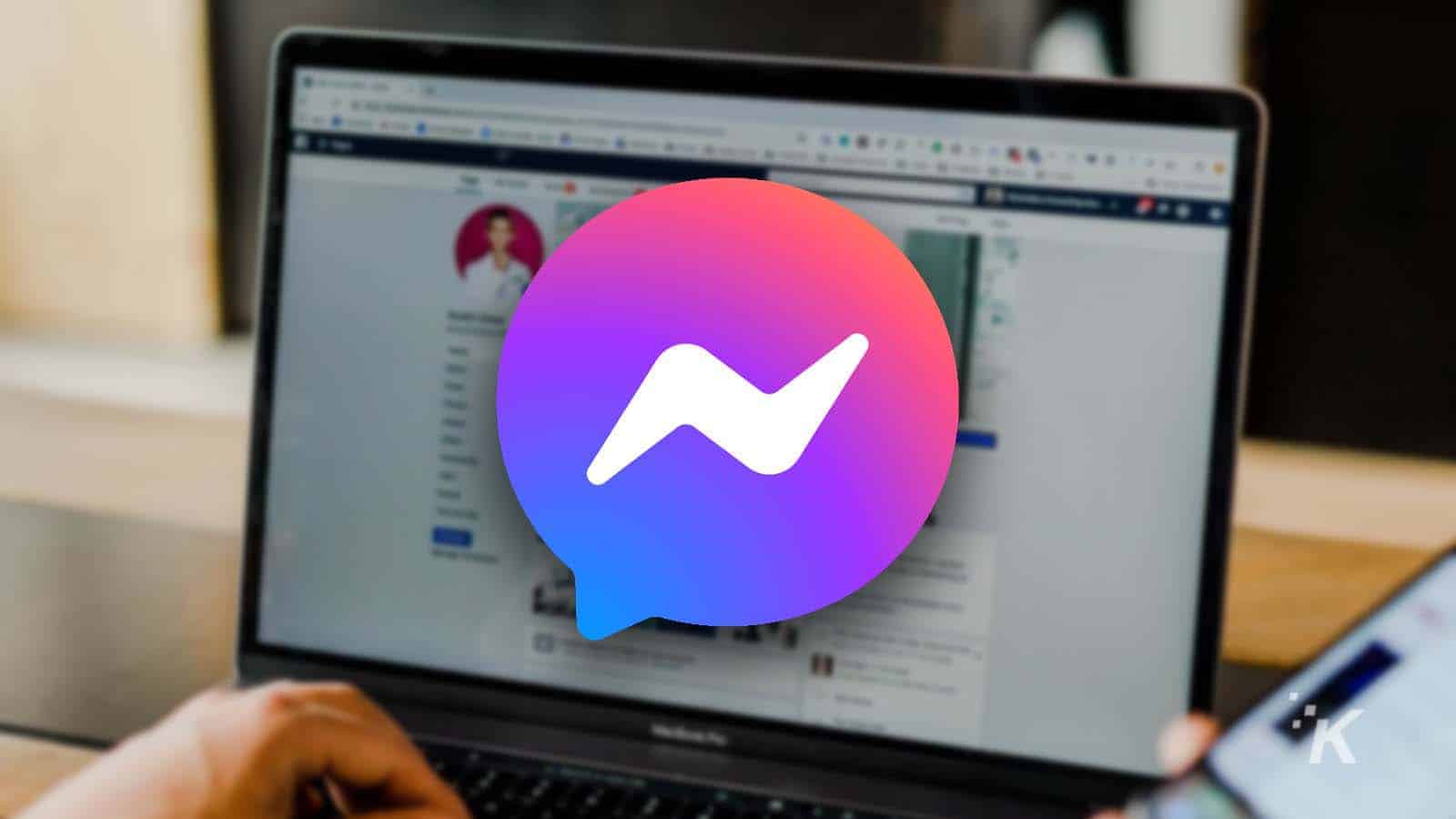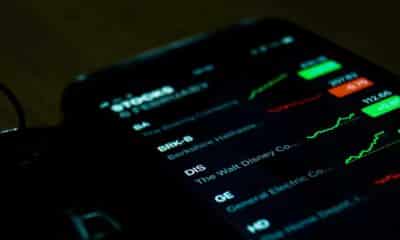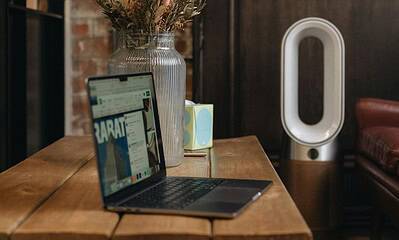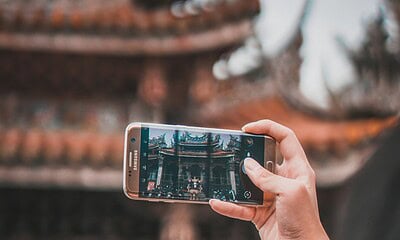Sponsored
How to tell if someone else is reading your Messenger chats
Wave goodbye to privacy concerns! If you suspect someone is peeking into your Facebook Messenger chats, keep an eye out for unusual connections, mysterious messages, and logins at times you were offline.

Just a heads up, if you buy something through our links, we may get a small share of the sale. It’s one of the ways we keep the lights on here. Click here for more.
Strangers from unknown locations might access your Facebook Messenger chats and read them.
If you suspect a device or someone is reading your chats without your permission, look out for the signs. Open the Security Settings on your Facebook account and check connections.
You might notice connections from places you haven’t visited or devices you know nothing about. Your Messenger Active status can show that another person is connecting to your account.
Look out for messages that you cannot remember sending. Here are Messenger security breach signs you must be aware of.

Conversations that you didn’t initiate
You may receive thousands of messages in your account from people you do not know. However, all sent chats must come from you or an authorized person. It is strange to see messages that you didn’t write.
Someone could be replying to your received chats without your permission. You might also notice some chats were removed, but you cannot remember doing it. All these are Messenger hacked signs that you should not ignore.
Messenger hacked signs are many, but particular ones require your attention. The list of few signs to remember by Mononlock cybersecurity includes connection to strange devices and unread chats that you haven’t read.
Other important Messenger security breach signs include logins at times you were not active online. Chats done in hours that you are offline clearly indicate someone has hacked your account.
Act fast whenever you notice these signs and improve your online security. Sign out of your account, change your password, and security settings.
Login times when you were never online
Your Messenger could show you are in Active Status at times when you are never online. You could be asleep in your time zone and offline.
To your surprise, your account might show you were active during that time. You might also not be asleep, but busy working in your office and not connected to chats.
If you check later and your Active Status shows you were connected, you have every reason to worry. It shows that another person is connecting to your account with another device. This will be an excellent time to take action and secure your account.
Account settings changed
Your account settings should not change unless you make the changes yourself. You can tell if someone is reading your chats if you notice the following in your account settings:
- Your password was changed, but you cannot remember doing it.
- Change in your profile photo, yet you didn’t do it.
- Changes in your privacy settings that make your device vulnerable.
- Allowed permissions to the camera, other devices, or apps that didn’t authorize.
Read chats that you haven’t tapped to open
Chats that you haven’t opened should remain unread, no matter how long it takes.
You have the right to suspect Messenger was hacked if conversations you didn’t open show as read. It means someone else is accessing your account and reading your chats. You should never ignore these Messenger security breach signs.

Warning from Facebook about suspicious activities
There are moments when Facebook sends you warnings that your Messenger could be hacked. These notifications are usually sent to your email inbox.
Facebook notifies you if the system detects login from an unusual location or time. Take precautions and check your account for activities you didn’t authorize.
Log in to suspicious devices
Your Messenger Security and Privacy Settings record the devices used to access your account. It also records the locations from which your account is logged in.
Open these settings and check the Security and Login button. This will open a page that shows devices and locations where you were or are logged in. Log out of all devices that you do not recognize and change your security settings.
Hacked applications
You might have connected your Facebook account to several applications and services. These could be online wallets, payment platforms or other social media channels.
Messenger can be hacked through these apps and services. Monitor your linked apps and services and be on the lookout for suspicious activities.
How to protect your Messenger account from being compromised
Understand the Messenger hacked signs and be ready to take action fast. Install an online security software to help you scan your device for malware.
Hackers often use malware to access your passwords and log into your chats. Do not trust anyone with your passwords, no matter how good they are to you.
Log out of all devices whenever you suspect someone is reading your messages. Open your account settings and log out of all sessions in your Security and Login button.
Clean your devices with a secure antivirus and change your passwords. Ensure the new password is strong and different from the previous one.
Remove all applications and services that you suspect as compromised. This includes social media platforms, payment services, and online wallets.
Open your Settings and Privacy button and activate two-factor authentication. Teach other users to understand important Messenger security breach signs. Online security should not involve one user, but a large community of users.
Conclusion
Your Messenger chats are important and should be private all the time. Hackers might use malware and other tricks to access and read your chats. Be careful of their tricks and know the signs of an attack on your account.
Check your Active Status often to know if someone was using your page while you were offline. Check for conversations you didn’t authorize and for reading messages. Install online security software and change your passwords.
Share your thoughts: What security measures do you think are most effective for protecting your private messages? Have you discovered any red flags we didn’t mention?
Editors’ Recommendations:
Disclosure: This is a sponsored post. However, our opinions, reviews, and other editorial content are not influenced by the sponsorship and remain objective.






























